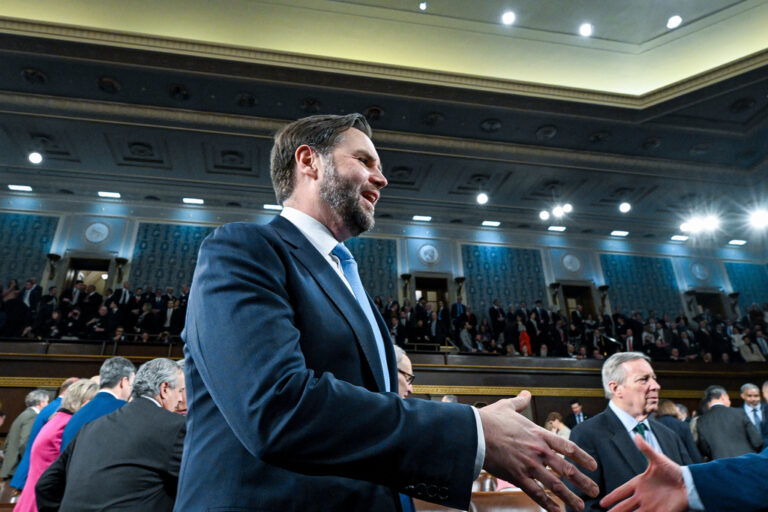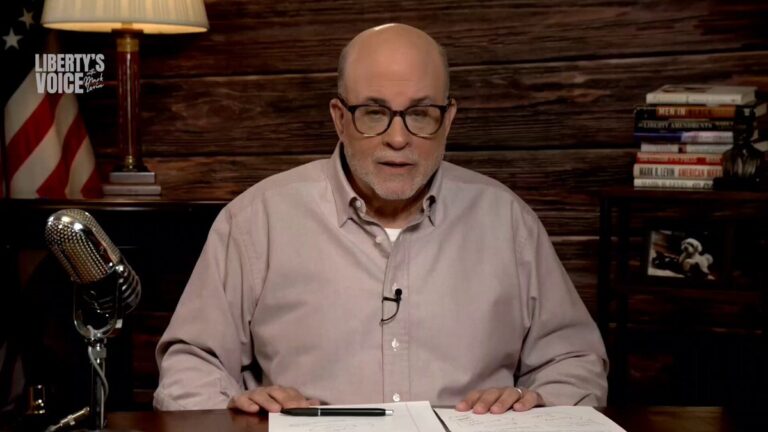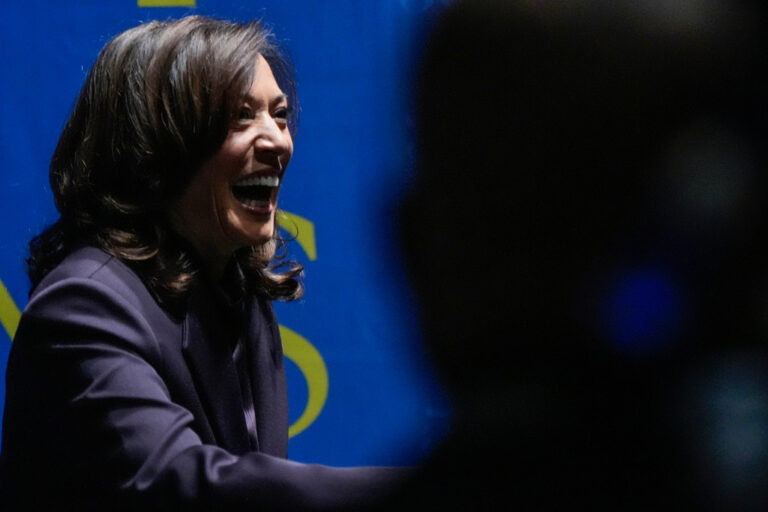 Uber drivers have formed a new labor organization in New York City to counter the power of the global ride-sharing company and win better terms for drivers – although even some backers wonder whether the group will have enough oomph to get anything done because it lacks the legal status of a union.
Uber drivers have formed a new labor organization in New York City to counter the power of the global ride-sharing company and win better terms for drivers – although even some backers wonder whether the group will have enough oomph to get anything done because it lacks the legal status of a union.
The new drivers association calls itself the Amalgamated Local of Livery Employees in Solidarity, or ALLES, for short. It’s meant to be a play on the German phrase “über alles,” which appeared in Germany’s national anthem at one time.
“Clearly, our aim is just to get a better deal for the driver,” said ALLES co-chair Kevin Lynch, who helped organize black car limousine service in New York for the Machinists union more than a decade ago. “And that should be a significantly better deal than they have right now, because they’re not doing well with the current arrangements.”
Chief among the drivers’ complaints is Uber’s “drastically” reducing drivers’ compensation, Lynch said. He said Uber drivers, who must be licensed by the NYC Taxi and Limousine Commission (TLC), now make 30 percent less than they did when Uber became active in New York.
“They carry an awful lot of expenses,” Lynch said. “They pay car payments every month. They pay payments for their car insurance every month, licensing fees from TLC, all these different things. And they buy their own gasoline and pay their car repair and all that. They’re not making enough on each ride now. . .”
As if to add insult to injury, Lynch said, Uber then urged passengers not to tip drivers. Besides pay, drivers also have other grievances that need to be redressed.
Uber said it was ready to listen and defended its current arrangement with the army of homemade hacks that use its app. About 450,000 people now drive for Uber every month in the United States, the company says.
“Uber allows drivers to control where and when they work, earning money on their own terms, while offering riders in every corner of the City the ability to get an affordable, reliable ride,” company spokeswoman Alix Anfang said in an email. “Of course, there’s always more we can do — and we are always happy to talk with drivers about what they’d like to see next.”
The leaders of the Uber drivers association in New York City announced the launch of ALLES on May Day, which is international workers day. The formation of the drivers association also comes as the San Francisco-based company continues its march into more and more markets while sometimes stirring local resistance.
Toronto gave its blessing to Uber last week after its city council both set regulations for the ride-sharing company and eased others for the traditional taxis, Canadian media reported. In Texas, meanwhile, Uber Technologies, Inc. has threatened to shut down operations in Austin and Houston because of fingerprinting requirements, according to news reports there.
But Uber also appears to have won an important victory with last month’s announcement of a tentative settlement of a class action case brought by drivers in California and Massachusetts. The drivers argued that they were robbed of tips by the company. They also said they should be considered employees, not contractors, thereby opening the way to unionizing and receiving reimbursement for expenses, among other things.
Under the settlement announced April 21, however, the drivers would remain classified as independent contractors. Uber agreed to pay the drivers at least $84 million and as much as $100 million if the company goes public. The company also agreed to help set up drivers’ associations and meet with them regularly to discuss working conditions. The settlement still requires court approval. Another such legal settlement involving Lyft was rejected.
For some, that suggests the labor struggle between drivers and their ride-sharing companies has just begun, according to an article by Catherine Fisk, a law professor at University of California, Irvine School of Law, in the American Constitution Society’s blog.
“I would say this year has been a real turning point,” said Bhairavi Desai, executive director of the New York Taxi Workers Alliance. She said more and more Uber drivers have become less intimidated about becoming “deactivated” by the ride-sharing company and have decided to speak out.
Devai, whose organization represents about 19,000 licensed drivers, said about 7,000 drive for Uber, and for them, the fight to win legal status as employees, and not contractors, is not over, despite the proposed California and Massachusetts settlement.
“It was very disappointing,” she said. “But it’s one case. There are many others and there are other avenues. Various labor commissioners across the country have found Uber to be an employer.”
Desai also said she didn’t know enough about ALLES to comment at length but expressed concern that anything less than a union could easily be co-opted by the company.
“I think Uber drivers deserve a real, democratic, bottom-up, powerful, union that will defend their economic interests,” Desai said. “And anything short of it would be company unionism.”
Lynch too said he hoped ALLES would ultimately win federal recognition as a union, or build into the kind of movement that could improve work conditions through political action. But in the meantime, he said he believed the organization could gather enough strength to compel change.
“There’s no way under federal law to legally compel them to go into collective bargaining,” Lynch said. “However, when you have the power of enough numbers, I am sure they’re going to want to sit down to the table with us.”
(c) 2016, The Washington Post · Fredrick Kunkle










